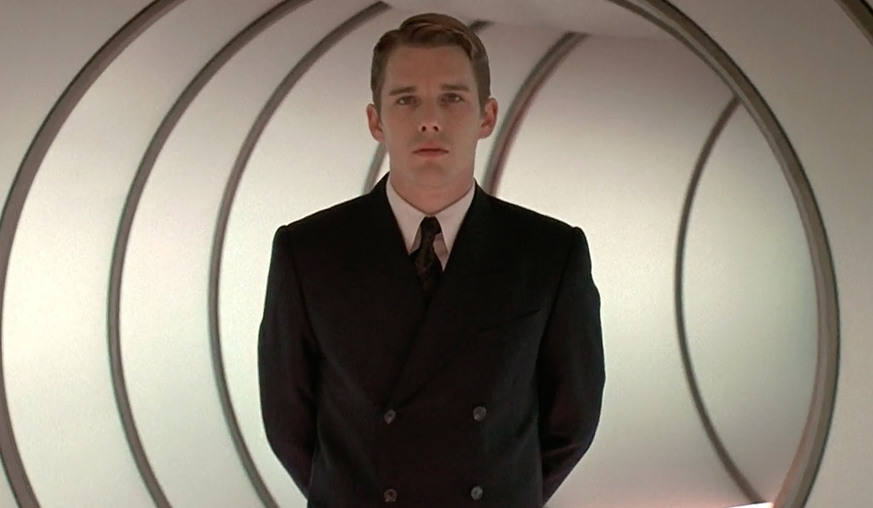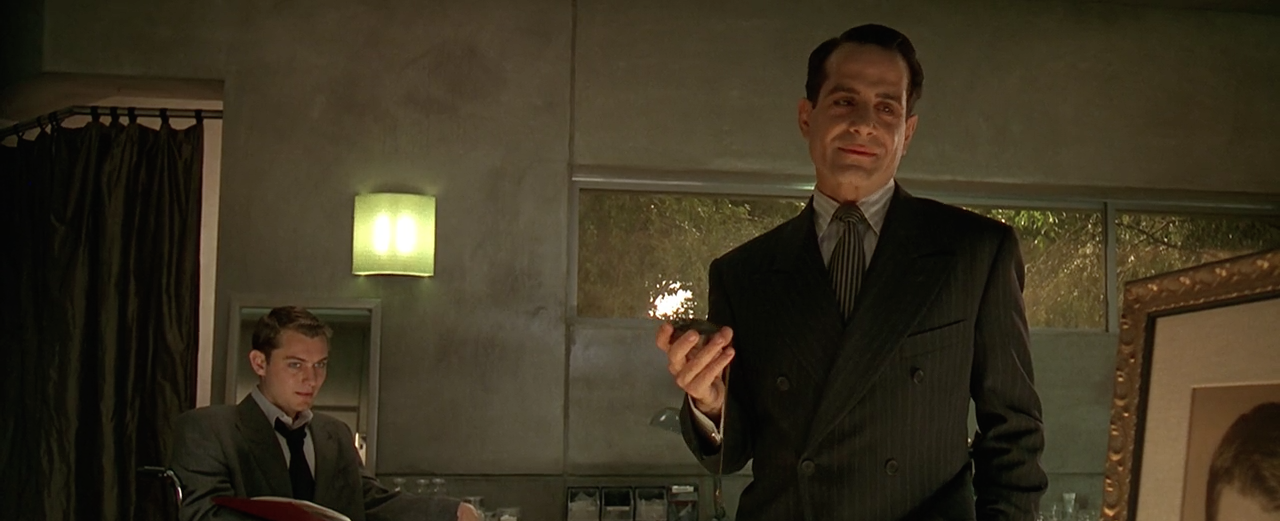Timelessness and relevance are the two determining factors of what I believe to be classic. Shakespeare’s universal hymns of the human condition keep his plays stacked in classroom shelves, and the Rolex Submariner will ever bequeath from wrist to wrist for generations – or as my father said when I asked if I can size his down to fit my wrist, “You’ll have to wait until I’m dead.” When it comes my time to pass it on, I can’t wait to see it on my child’s wrist, the patina of a dial decades under the sun, belonging in a generation for which it was made to last.
The classic aesthetic is something I look forward to in all arts, most particularly film. It’s fascinating to rewatch movies and see how they all age at different rates. The neon tanks and acid wash of most films from my birth decade will always identify as eighties movies, yet others will age much more gracefully, if not at all. I refer to the set wardrobe of movies because they place such a large influence in the aging of the film, which is why a 1997 film like Gattaca looks simultaneously like a 1957 film and 2017 film.





